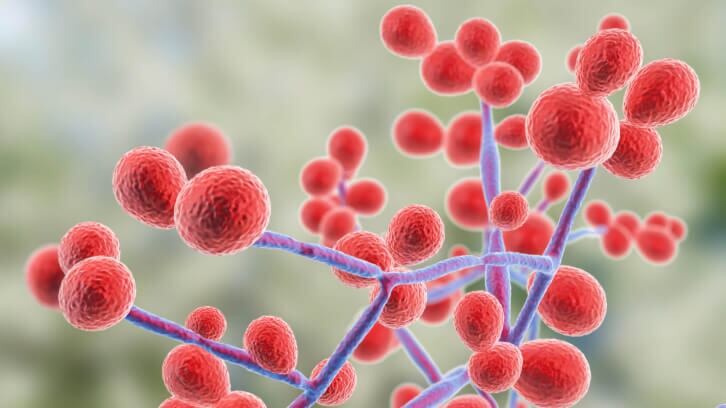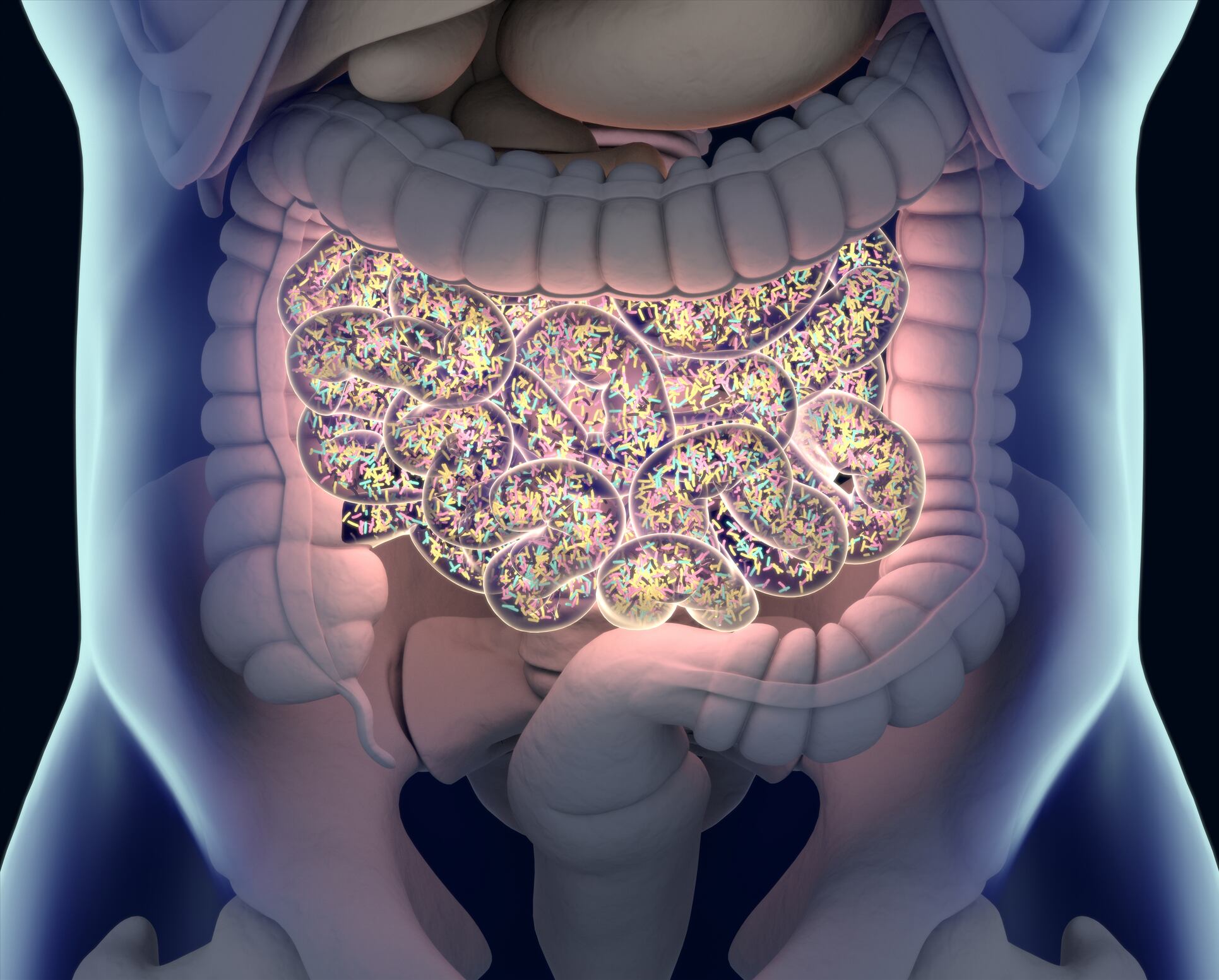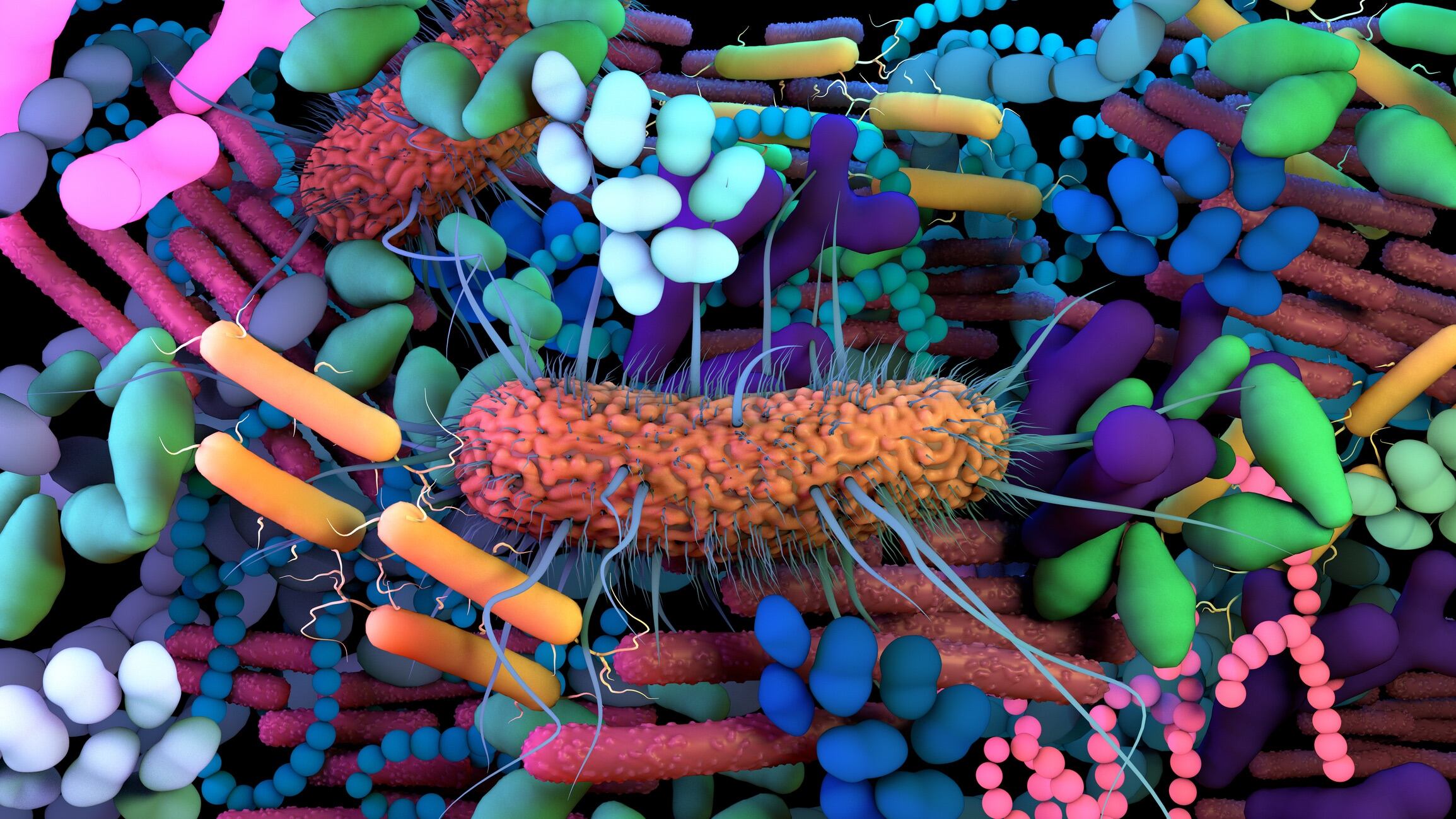Writing in Science, researchers report that specialized immune cells in the small intestine called Paneth cells may express a form of Peptide YY (PYY), a hormone produced by endocrine cells in the gut that is known to control appetite, may prevent the fungus Candida albicans from turning into its more virulent form.
“So little is known about what regulates these fungi in our in our microbiome. We know that they're there, but we have no idea what keeps them in a state that provides health benefit to us,” said Eugene Chang, MD, Martin Boyer Professor of Medicine at the University of Chicago and senior author of the study, in a press release.
“We now think that this peptide we discovered is actually important for maintaining fungal commensalism in the gut.”
The study was performed in collaboration with scientists from the University of Wisconsin – Madison, the University of Tennessee, Franklin College, the Garvan Institute of Medical Research, and the University of California-San Francisco.
The researchers report that the full, unmodified version of PYY has 36 amino acids, and when Paneth cells secrete it into the gut it’s an effective antifungal peptide, able to impact the mycobiome (the fungal side of the gut microbiome). However, when endocrine cells produce PYY, an enzyme clips off two amino acids to turn it into a hormone that can travel through the bloodstream and tell the brain you’re not hungry.
“This is an example of the wisdom and beauty of nature that has repurposed a molecule, so it has two different functions,” said Chang. “That’s really cool, because this is an efficient way of making the most out of things you already have.”
Study details
The discovery came about when Joseph Pierre, PhD, a former postdoctoral scholar in Chang’s lab and now an Assistant Professor of Nutritional Sciences at the University of Wisconsin-Madison, was studying the enteroendocrine cells in mice that produce PYY when he noticed that it was also present in Paneth cells. Thei observation raised eyebrows among the researchers because PYY was only considered to be an appetite hormone.
The scientists decided to test it against a variety of bacteria and found it was ineffective. They then ran a computer search for other classes of peptides with a similar structure to PYY and discovered one called magainin 2, which is found on the skin of the African clawed frog, which protects the frogs from infection by both bacteria and fungi. This led them to test PYY against fungi. The data showed that this full form of PYY was an effective – and very specific – antifungal agent.
C. albicans is a yeast (a type of fungus) that typically grows in small amounts in the mouth, on the skin, and in the intestines. The basic yeast form is commensal, or coexists peacefully in the body, but given the right conditions it transforms into what are called hyphae that branch out to form biofilms.
When too much grows, it causes thrush, an infection in the mouth and throat, vaginal yeast infections, or more serious generalized infections in the body. PYY was tested against both forms of the fungus and found to effectively prevent the growth of, and kill the more dangerous hyphae while sparing the commensal Candida yeast.
“This is a unique example of an ‘innate’ antimicrobial peptide secreted by Paneth cells that specifically kills the virulent form of this fungi and has no effect on the on the commensal form,” said Chang said.
This study deepens our understanding of the mycobiome, and also suggests that PYY could be useful as a tool to combat fungal infections.
Chang said it may also play a role in supporting digestive health as well. For example, people with Crohn’s disease of the ileum, the last portion of the small intestine, often have dysfunctional Paneth cells, and it’s possible, he said, that this dysfunction, and lack of PYY, could create an environment for fungi to overgrow and trigger the onset of disease.
The study was supported financially by the National Institutes of Health, the Kenneth Rainin Foundation, and the University of Chicago Gastrointestinal Research Foundation.
Source: Science
Vol 381, Issue 6657, Pages 502-508, doi: 10.1126/science.abq3178
“Peptide YY: a Paneth cell antimicrobial peptide that maintains Candida gut commensalism”
Authors: J.F. Pierre et al.





